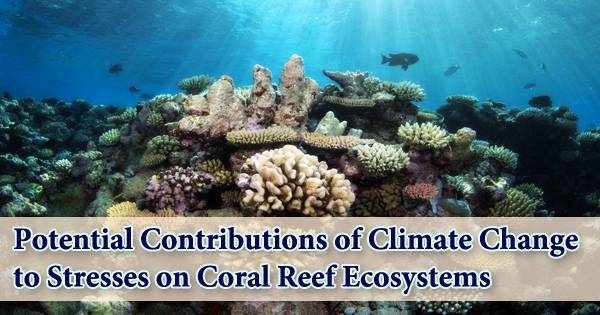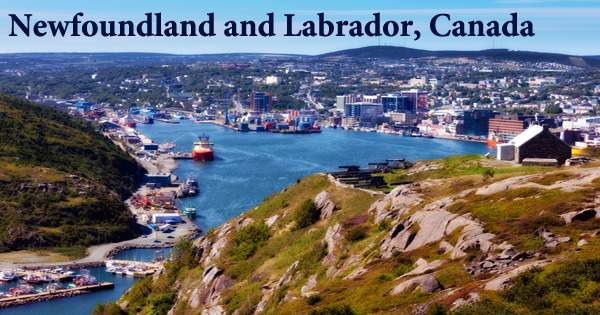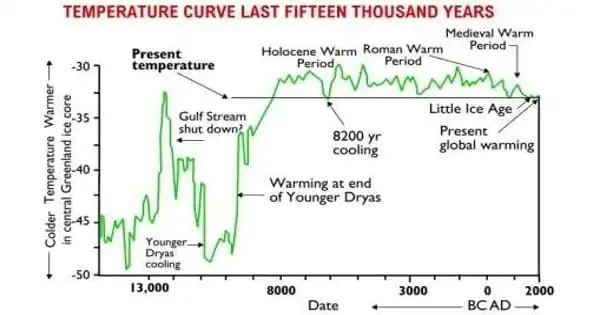Oceans, which make up 70% of the Earth’s surface area and are home to 75% of all known species, are believed to cover 70% of the planet’s surface area. This unique ecosystem, which is mostly unexplored and unknown to the rest of the world, plays a critical role in global temperature regulation and is the major generator of oxygen. An international organization of researchers representing thousands of coral scientists from around the world is calling on world leaders to make new pledges and take new steps to conserve and restore coral reefs.
Coral reefs, which make up roughly 0.5 percent of the ocean floor, are intricate three-dimensional structures formed by the deposition of calcium carbonate skeletons by reef-building coral species over thousands of years. The “rainforest of the sea” is a term used to describe these reefs. Coral reefs, which contain a greater diversity of animal and plant life than rainforests, transport nutrients through the complicated food web, and supply food at all levels of the food chain, are undervalued in this parable.
The scientists warned in a report published on July 20 at the International Coral Reef Symposium that the next decade will likely be the final chance for policymakers at all levels to avoid coral reefs from “from heading towards world-wide collapse.”
The International Coral Reef Society has prepared a document that advocates for three ways to conserve the reefs: tackling climate change, improving local circumstances, and actively rebuilding coral.
“The model projections show that up to 30% of coral reefs will persist through this century if we limit global warming to 1.5 degrees Celsius,” said Andréa Grottoli, distinguished professor of earth sciences at The Ohio State University, society president and a contributing author of the paper.
“But if we are to limit warming to 1.5 degrees, we have to do it now: According to science and projections, we only have a few years left to cut carbon dioxide emissions that have led us down this path. If it doesn’t happen this decade, we won’t meet our goal.”
The sea has long been a key mode of transportation, a source of food, and a popular leisure location. The majority of large cities were built near the coast as commercial ports. Today, the percentage of the world’s population (about 80%) who live within 100 kilometers of the coast and rely on the sea for their livelihood reflects the expansion of these cities (approximately 3.5 billion people). In reality, the world’s poorest people rely on their intimate contact with the water to survive.
The ecological services offered by fisheries, tourism, coastal protection, and its function as a supplier of raw materials demonstrate the sea’s economic importance. Environmental circumstances brought on by global climate change have put this reliance on the sea in jeopardy. According to the experts, coral reefs are at a critical juncture. Stopping climate change and beginning to reverse it now may allow some reefs to survive, with the prospect of being restored in the future and providing the seeds to regenerate damaged reefs elsewhere.
“From a coral reef perspective, we go from 30% of reefs surviving to only a few percent surviving if we don’t act now,” Grottoli said. “We are already faced with a grand challenge in trying to restore the reefs. Once we do eventually reduce carbon dioxide emissions and the planet is no longer warming at an accelerated rate, trying to restore from just a few percent is much more difficult.”
Through the forthcoming Conference of the Parties to the United Nations Framework Convention on Climate Change and the Conference of the Parties to the Convention on Biological Diversity, officials from across the world will revise global frameworks for addressing both problems. According to Grottoli, the society’s policy document was written in order to influence such frameworks.
The society’s paper makes three asks of policymakers:
- Commit to combating biodiversity loss and the impact of climate change on coral reefs, and ensuring that policies are both ambitious and effective in resolving both problems.
- At all levels of government, from local councils to international agencies, develop coordinated activities across relevant policy sectors. Conservation, management, and restoration initiatives, as well as policies addressing climate change adaptation, biodiversity, and sustainable development, are all part of this.
- Develop novel methods to assist coral in adapting to climate change. Adaptation is unavoidable as a result of global warming. Some coral species and a tiny fraction of reefs have been effectively managed. “Studies of these ‘bright spots’ provide important lessons to guide future actions, such as how local community participation can improve management outcomes,” the scientists wrote.
The bigger the amount of CO2 dissolved in the surface ocean, the higher the CO2 concentration in the atmosphere. Increased dissolved CO2 raises ocean acidity and reduces the concentration of carbonate, which corals and other marine creatures require to construct their skeletons in the form of calcium carbonate. As a result, ongoing increases in CO2 emissions from humans would impair corals’ ability to develop and recover from bleaching events or other types of stress.
Although climate change will have a negative impact on coral reefs, it will also make reef populations more vulnerable to deterioration and loss due to natural climatic variabilities, such as overfishing, food web disturbance, and pollution from nearby human communities.
“As bad as climate change has been for the last decades, we also have lost vast amounts of coral reefs through overfishing, pollution, and other local actions, and we need to tackle both of those fronts simultaneously,” said Nancy Knowlton, lead author of the paper and Sant Chair for Marine Science Emerita at the Smithsonian Institution’s National Museum of Natural History.
“Climate change is critical, but it is also critical that these other issues be not overlooked. We don’t have time to debate which is the most essential; we must complete all of them.”
Despite occupying less than 0.1 percent of the world’s seas, coral reefs are critical ecosystems, holding roughly a third of all known ocean species. They’re also important for the local food supply and economy. Reef-related tourism produces $36 billion annually, while the worldwide economic worth of reefs in all sectors reaches $10 trillion annually. Carbon dioxide (CO2) concentrations in the atmosphere have also risen, from an average of 280 parts per million (ppm) at the start of the industrial revolution in the mid-nineteenth century to around 388 ppm at the turn of the twenty-first century.
The global warming trend is projected to continue, with the IPCC projecting a 2.5-4.7° C increase in world average temperature in 2100 compared to pre-industrial levels. Meanwhile, the creation of marine protected zones may assist coral reefs in both defend themselves from non-climate stressors and adapt to the consequences of global climate change. They provide essential biological substances, like as cancer-fighting medicines.
Information Sources:
















